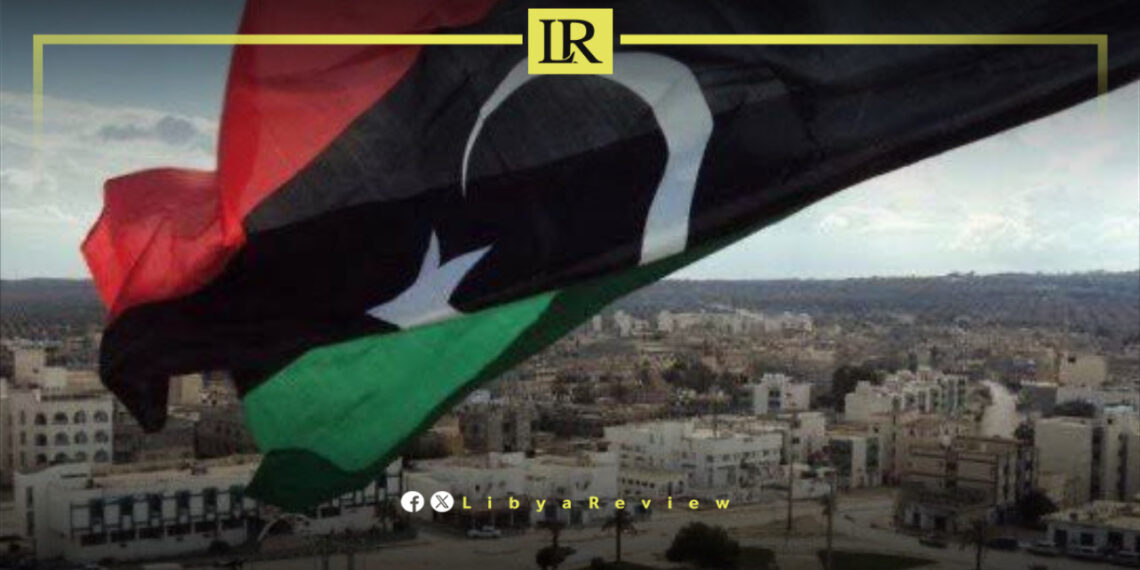A recent report published by Newsweek magazine highlights the complex challenges facing Libya as it seeks a lasting political consensus. According to the article, any potential resolution must be coupled with a significant economic deal. This requirement poses a formidable challenge, considering the entrenched economic interests that have long influenced Libya’s political landscape.
For over a decade, Libya has been mired in conflict and division, exacerbated by the fragmentation of its political institutions and the ongoing division of its economic resources among political elites. These elites have established a system that perpetuates their control by distributing Libya’s wealth among themselves, thus maintaining the status quo and hindering any progress toward national reconciliation and unity.
The Newsweek report specifically points to insights from the United Nations envoy Abdoulaye Bathily, who discovered early on that the various Libyan factions have little incentive to change the current situation. Their entrenchment benefits from deep-rooted networks of patronage, vested interests, and widespread corruption, which continue to fuel the conflict and complicate peacemaking efforts.
Libya’s political scene is further complicated by the lack of a single central authority. The country is split among multiple factions, each backed by different international supporters, that control various regions. This division has created a convoluted web of alliances and conflicts, making any unified political process exceptionally challenging.
The ongoing instability in Libya is not only a result of internal divisions but also of the international community’s varied interests in the region. External actors, including neighboring countries and global powers, have different stakes in Libya’s stability, often supporting different factions that align with their strategic interests.
As international stakeholders, including the United Nations and other influential entities, continue to push for negotiations, the complexity of Libya’s internal dynamics coupled with external influences poses significant barriers. The Newsweek report underscores that without addressing the underlying economic divisions and the corrupt practices of Libya’s elites, the path to a sustainable political agreement will remain fraught and uncertain.


